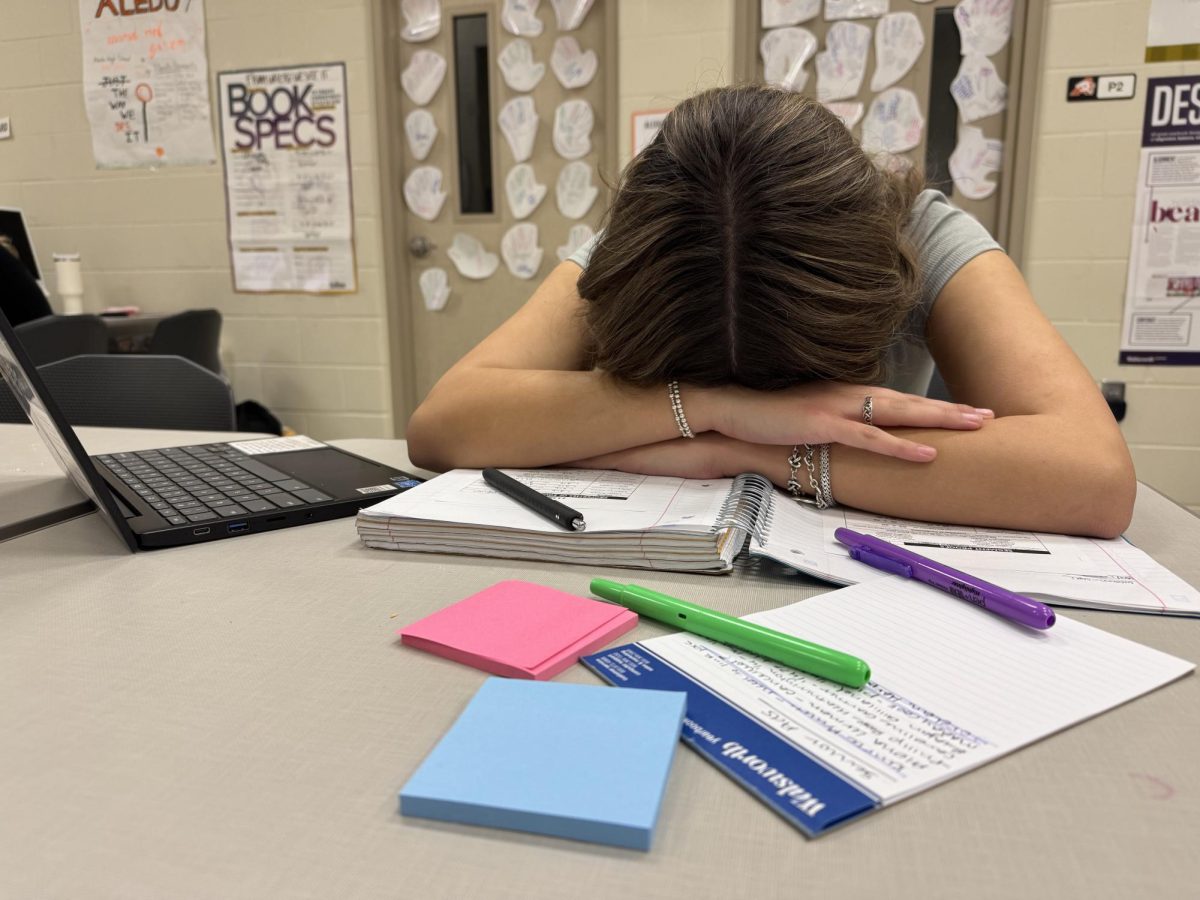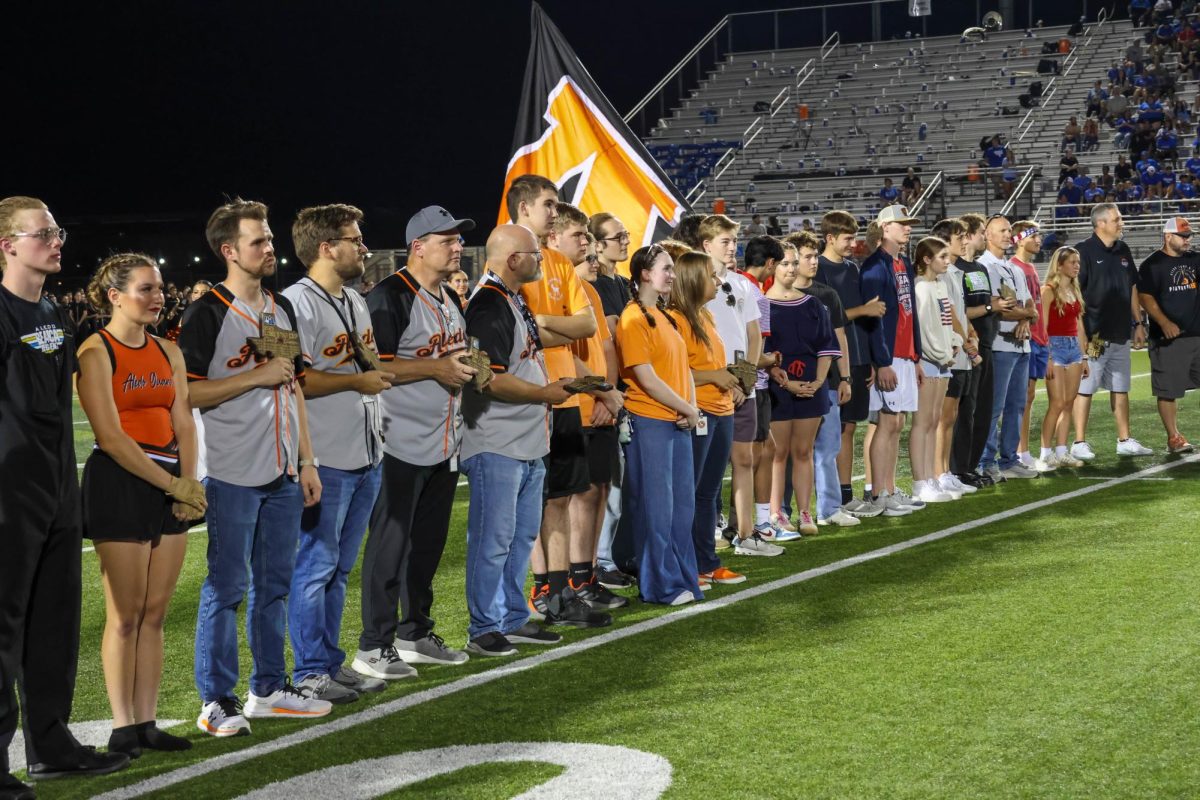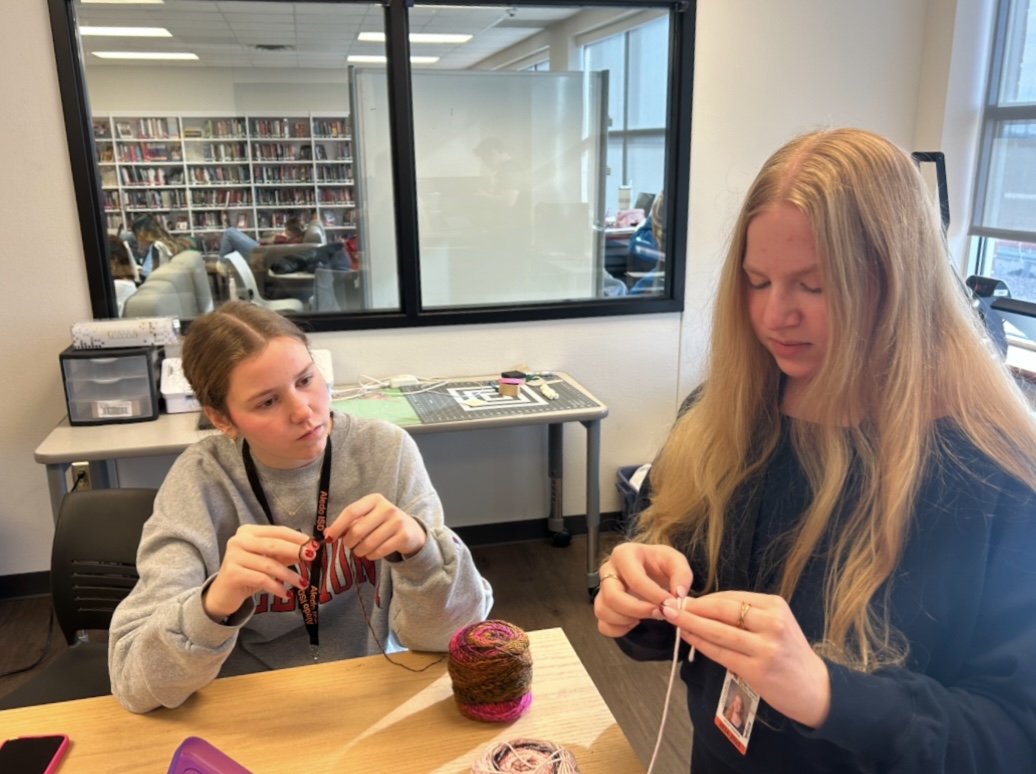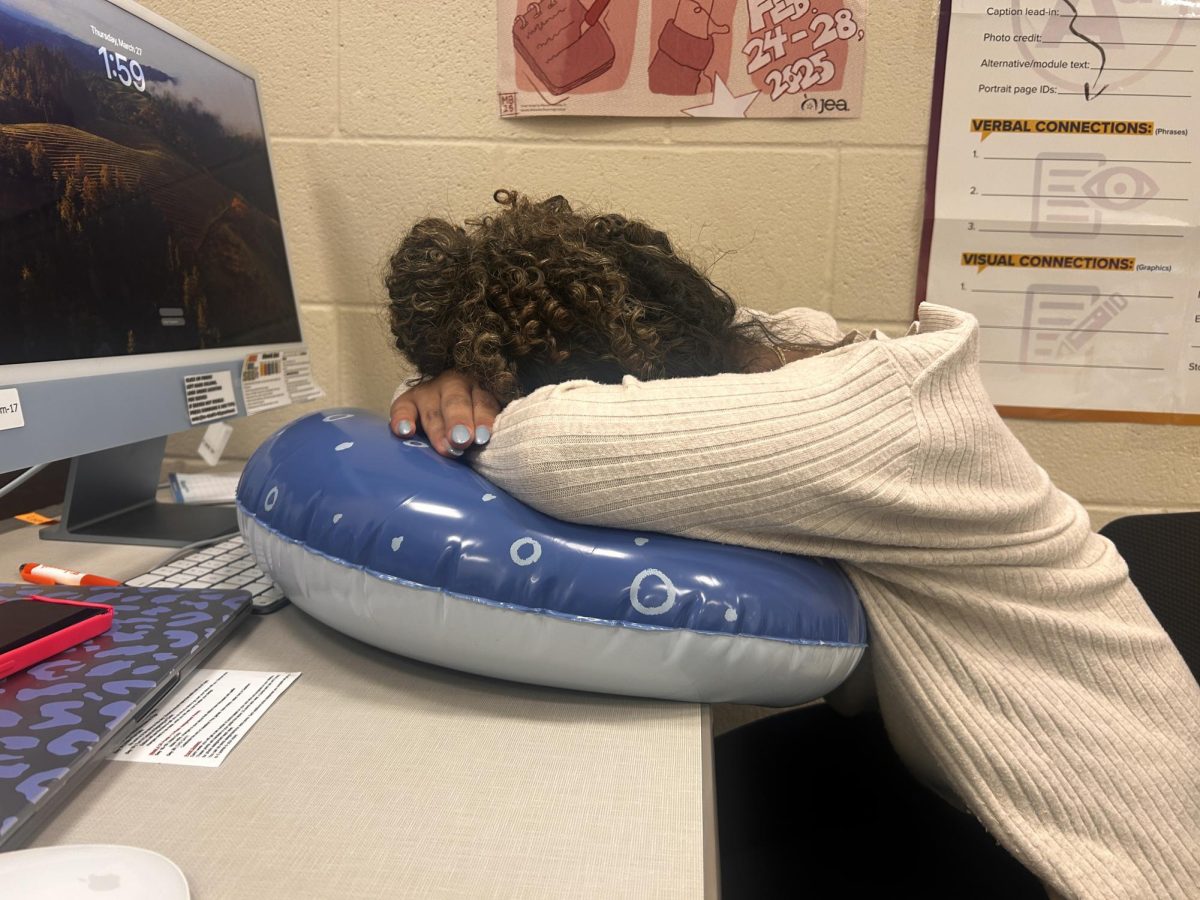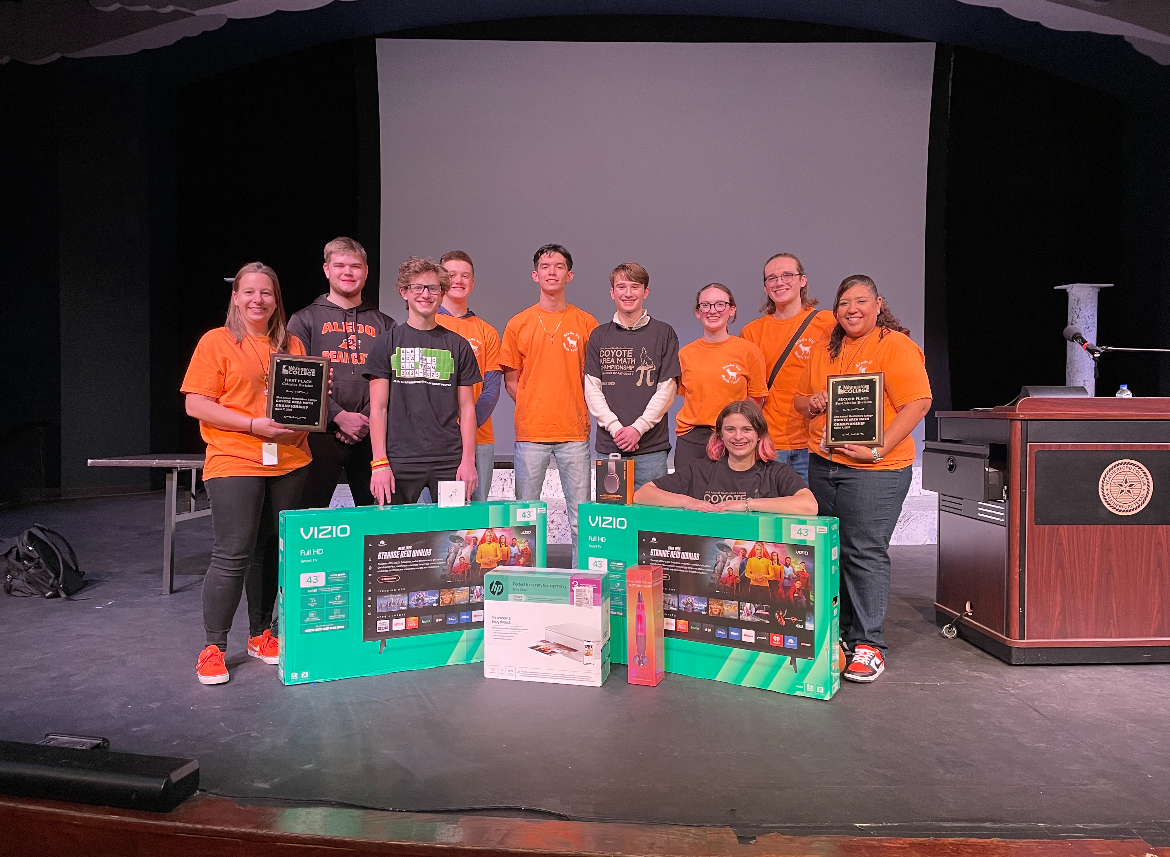Students and staff feel the effects of sleep deprivation daily in their lives because of their habits affecting sleep schedules, and factors like technology, academic situations, extracurricular activities and more significantly influence the general sleep of teenagers and adults. Sleep can be directly connected to the circadian rhythm, which causes the body to get tired when the surrounding environment becomes darker over time. However, the technology of today causes issues in this “brain clock.”
“A river is light, it is interrupting our circadian rhythm, and it’s going to signal your brain differently,” Daniel Nith Grade nurse Hatice Tedder said. “It’s going to interrupt your sleep as well, and it can cause insomnia because you didn’t go with nature’s and the body’s cycle.”
Academics also have significant effects on students and faculty. The busy school schedules can cause some late nights for staff and students which makes the following day difficult.
“You’re not going to be able to focus,” Tedder said. “You’re going to have fatigue and irritableness, and your attention span during class isn’t going to be good.”
Little sleep can also cause different kinds of chronic diseases such as depression and blood pressure issues. Not only does getting fewer than eigth hours of sleep seriously affect attention and health, it also causes more bad habits.
“Making poor decisions, eating more, impulsive decisions, less healthy nutrients for their body are some effects,” high school campus nurse Sarah Tumberlain said.
School stress and technology aren’t the only thing that affects sleep habits, extracurricular activities can also cause changes in patterns.
“If it’s activities that go into the night, then they’ll come home and possibly won’t get as much sleep as they need to,” sophomore Jerimiah Leith said. “Or they’ll be stressed out about something and won’t get enough sleep.”
However, with all these issues there are some possible solutions for factors such as technology.
“We have light 24/7 around us,” Tedder said. “Dimming the lights and cutting our exposure to screen time, like computers, phones after sunset, try not to be on phones, on the computers, on the screens, that will help your brain to signal is bedtime so you can fall asleep easier.”



